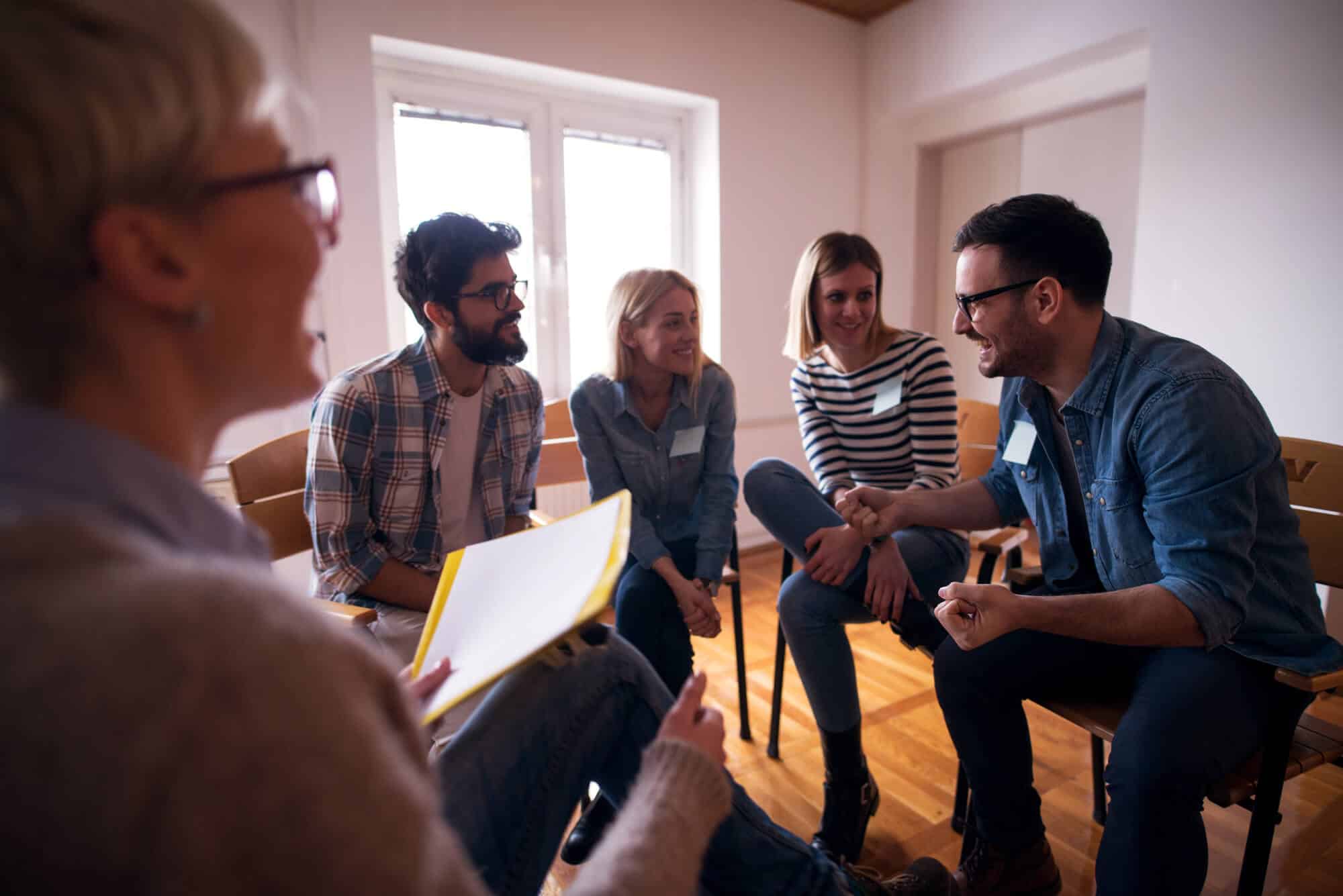Did you know that 60% of individuals in recovery report feeling less lonely and more supported when they have a recovery buddy? According to the National Institute on Drug Abuse, having someone to share the journey with can significantly enhance the recovery experience. For those battling substance abuse, finding a recovery buddy can be a transformative step toward lasting sobriety.
What is a Recovery Buddy?
A recovery buddy is someone who provides support during the recovery process. This person can be a friend, family member, or even another individual in recovery. The primary goal of having a recovery buddy is to create a supportive relationship that fosters accountability, encouragement, and shared experiences.
Benefits of Having a Recovery Buddy
- Emotional Support: Recovery can be a challenging journey filled with difficulties. A recovery buddy offers emotional support, helping individuals navigate difficult moments. This companionship can alleviate feelings of loneliness and anxiety, making the recovery process more manageable.
- Accountability: A recovery buddy helps maintain accountability. Sharing goals and checking in regularly can motivate individuals to stay committed to their recovery plan. This structure is especially beneficial during challenging times when the temptation to relapse may arise.
- Shared Experiences: Connecting with someone who understands the struggles of addiction creates a safe space for sharing experiences. Recovery buddies can exchange stories, coping strategies, and personal insights, enriching each other’s understanding of the recovery process.
- Increased Motivation: The journey to recovery requires perseverance. A recovery buddy can provide encouragement and motivation, reminding individuals of their goals and celebrating their successes, no matter how small.
- Social Interaction: Building a support network is crucial for recovery. A recovery buddy encourages social interaction, helping to reduce isolation. Engaging in activities together can enhance mental well-being and foster a sense of belonging.
How to Find a Recovery Buddy
- Reach Out to Support Groups: Many support groups, such as Alcoholics Anonymous (AA) or Narcotics Anonymous (NA), emphasize the importance of having a recovery buddy. Attending meetings can help you connect with others who are on similar paths and looking for support.
- Utilizing Online Platforms: Online forums and support communities can be excellent resources for finding a recovery buddy. Websites and apps focused on recovery provide opportunities to meet others and establish connections based on shared experiences.
- Talk to Your Treatment Center: If you’re in a treatment program, speak with counselors or staff about finding a recovery buddy. They often have resources and suggestions for pairing individuals with similar goals and backgrounds.
- Engage with Friends and Family: Sometimes, the best recovery buddies are already in your life. Consider reaching out to friends or family members who are supportive and understanding of your recovery journey.
- Attend Community Events: Many communities offer events focused on recovery, wellness, and mental health. Attending these gatherings can help you meet potential recovery buddies while also building your social network.
Tips for Building a Strong Recovery Buddy Relationship
- Set Clear Goals Together: Establishing mutual goals can help strengthen the bond between recovery buddies. Discuss what each of you hopes to achieve in your recovery and create a plan to support one another in reaching those goals.
- Communicate Openly: Open and honest communication is crucial. Share your feelings, challenges, and successes with your recovery buddy. This transparency fosters trust and reinforces the support system.
- Engage in Activities Together: Participate in activities that promote well-being, such as exercise, hobbies, or volunteer work. Engaging in positive experiences together can strengthen your connection and support your recovery.
- Be Honest About Boundaries: Every individual’s recovery journey is unique. Be open about your needs and boundaries, and respect those of your recovery buddy. This mutual understanding is vital for a healthy and supportive relationship.
- Celebrate Each Other’s Progress: Acknowledge and celebrate milestones, no matter how small. Recognizing achievements reinforces motivation and helps maintain a positive outlook during recovery.
Finding a Recovery Buddy Conclusion
Finding a recovery buddy can be a vital step in overcoming substance abuse. The support, accountability, and companionship that come from this relationship can significantly enhance the recovery experience. By reaching out to support groups, utilizing online resources, and communicating openly, individuals can establish meaningful connections that foster lasting change.
Finding a Recovery Buddy FAQ
Where can I meet other sober people?
You can meet other sober people through various avenues, including support groups like Alcoholics Anonymous (AA) and Narcotics Anonymous (NA), which host regular meetings. Sober living houses encourage social interaction among residents committed to sobriety. Additionally, many communities offer sober events, such as workshops and social gatherings, while rehabilitation centers often have alumni programs for former patients. Online forums and social media platforms focused on recovery can help you find virtual support and local events. Joining local recreational activities, such as fitness classes or volunteering, is also a great way to connect with others in recovery.
Is there such a thing as a sober companion?
Yes, a sober companion is a professional who provides support to individuals in recovery from substance abuse. Their role is to help clients maintain sobriety by offering companionship, guidance, and accountability during challenging times. Sober companions often accompany clients to meetings, assist with daily activities, and help navigate social situations that may trigger cravings. This one-on-one support can be especially beneficial for those transitioning from rehab or those who need extra help in maintaining their recovery goals.
Where can I meet other sober people?
You can meet other sober people at support groups like Alcoholics Anonymous (AA) and Narcotics Anonymous (NA), which hold regular meetings. Sober living houses also provide opportunities for social interaction among residents committed to sobriety. Additionally, look for community events focused on recovery, such as workshops and social gatherings. Rehabilitation centers often have alumni programs for former patients to stay connected. Online forums and social media platforms centered on recovery can help you find virtual support and local events, while joining recreational activities, like fitness classes or volunteering, can further expand your sober network.







